Estimated Read Time: 15 Minutes
SEO is complex and ever-changing. A search for “SEO Services” will tell you there are more than 15 million options to choose from. It’s hard to know where to start.
This post defines search engine optimization with an emphasis on the skills, tools, and tactics that drive success. It lays out a series of questions you can ask prospective SEO companies as you go through the vetting process. The hope is that you will find candidates that best fit your needs and minimize your risk of disappointment or failure.
What is SEO?
Search engine optimization (SEO) is an ongoing process that leverages tools, techniques, and best practices to position your advertisement, web page, blog post, or business listing at or near the top of search results where your best prospects and customers can find you.
SEO is NOT just about keywords and rankings. It is about satisfying your business goals with creativity, empathy, outreach, and technical and analytic expertise that earns your way to the top and the trust and confidence of web searchers. Successful companies know their audience, get found on the Internet and provide exceptional value. They inculcate SEO best practices into their day-to-day work either by developing those skills in-house or hiring outside help and partnering with that organization to close any gaps.
What Does It Take To Win?
SEO is a worthwhile endeavor for most small businesses. At 30,000 feet, successful SEO depends on having:
- a well-architected website;
- sought-after, helpful and convincing content;
- signals that tell search engines that your website is popular and authoritative; and
- defending, preserving, and protecting your position and influence, once achieved.
A well-architected website is one that Google can find, read, index, and understand. It is robust, secure, and scales as needed.
Sought-after content contains the words people use to search for your products and/or services and provides them with the information they want and need. Convincing content incents visitors to do what YOU want them to do – fill out a contact form, make a purchase, bookmark or link to your content and share it with friends/colleagues.
The most important signal search engines look for to determine a website’s value is links. Links are like a vote of confidence or endorsement for your content. Other signals include time on page and site, repeat visits, page views, and some social mentions.
How SEO Works
SEO is a process, a predefined way of doing something. You can repeat it over and over again and expect to produce consistent results.

In a highly simplified example, if I hammer a nail straight down into a solid piece of wood, the head of the nail is going to end up flush with the wood an overwhelming majority of the time. It doesn’t matter how many times I hammer a nail into wood, there is a better than average chance the nail head will be flush with the wood. The outcome will almost always be the same.
A well-defined and executed search engine optimization process will produce a high-ranking web page an overwhelming majority of the time.
The Search Process
Sometimes a picture is worth a thousand words. In Figure 1 below, you can see a high-level illustration of the search process.
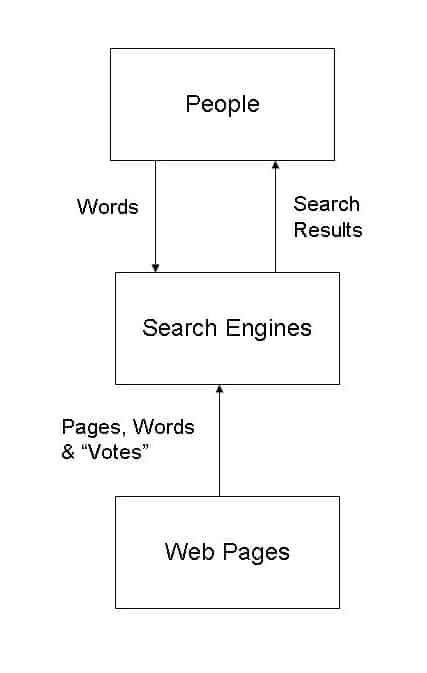
Figure 1: Search Process – 30,000 Foot View
At the top are people who search the Internet. They plug words into a search engine and wait for results.
In the middle are the search engines. Search engines make a living by ensuring they return the best results possible when someone enters a query. They are all about ensuring searchers are happy and really don’t care about who ranks on top so long as their customers (and shareholders!) are happy.
At the bottom is all the indexed content on the Internet. Google doesn’t actually go out and search the Internet when you press the return button. It would take too long and search engines need to return results quickly. Instead, they maintain an inventory, an index of all the pages on the Internet in massive databases, strategically positioned throughout the world to speed response times.
A person enters a search term into a search engine. The search engine goes through its index to find all the web pages that contain those search terms. It then ranks them according to their perceived relevance, popularity, and authority using data derived from the underlying website architecture and proprietary ranking algorithms. The results are fed back to the searcher who quickly scans them and decides what to do next.
The Role of SEO in Search
The left-hand side of Figure 2 (below) shows how SEO plays into that interaction.
SEO experts understand what is important to search engines and how people search. They uncover the words and phrases people use when searching for your products and/or services and help you integrate them into your website so you can be found when those same people are searching. SEO practitioners know how Google finds and indexes content and ensures your website is architected for easy discovery and interpretation. You know your business and audience. Working together, we can ensure search engines AND your intended audience get what they want and need and, in doing so, help you earn the results you’re after.
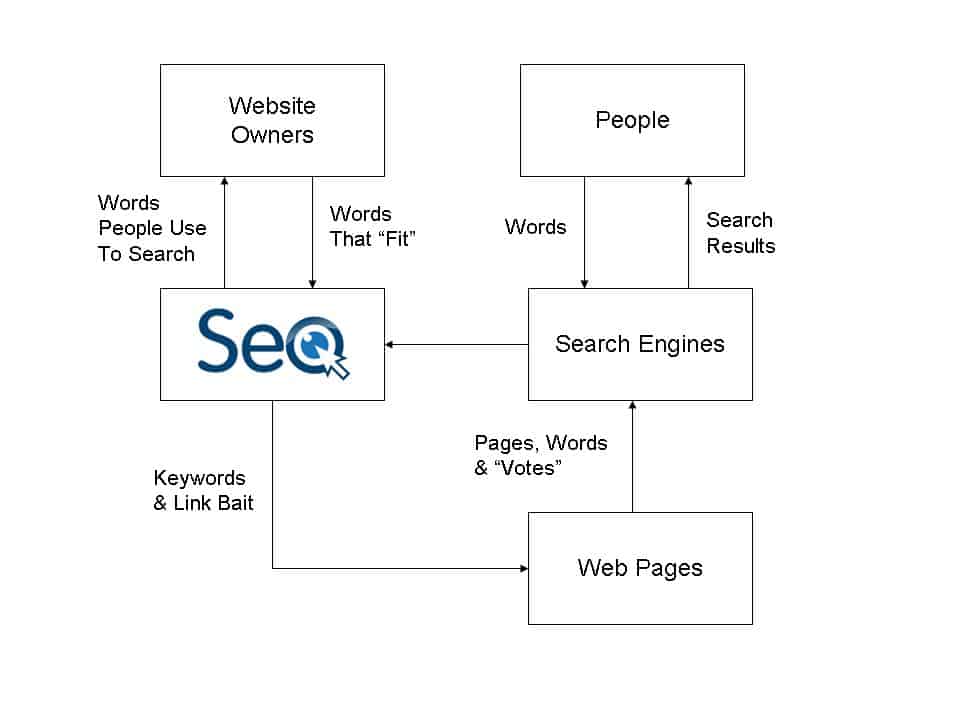
Figure 2: SEO Process – 30,000 Foot View
Your website must be architected (designed and built) for search engines and it must satisfy the information wants and needs of your intended audience. No. That’s wrong. The content on your website can’t just satisfy human visitors. It must delight them. Why? Because there are probably a million other websites that offer visitors the same information. You want your website and content to stand out and be exceptional so it can earn the signals that tell search engines that you deserve to rank on top.
The Search Engine Optimization Process
Business owners should seek out companies that adopt a process for optimization because it means you’ll get a better return on investment.
SEO companies that embrace process:
- employ best practices;
- keep up with the constantly changing market and ranking algorithms; and
- avoid questionable tactics that could run you into trouble down the road.
Process tends to surface problems and opportunities quickly. Humans don’t like doing the same thing over and over if there is a way to do it faster or to produce a better result. We like to be efficient and productive. SEO companies that embrace process and take the time to reflect on lessons learned tend to adapt and produce more efficient and profitable results. Process helps SEO companies keep their cost structures down, their productivity up, and their outcomes superior.
Ask prospective SEO companies if they have a process for optimizing websites. Ask them to tell you the last time they reviewed it and made improvements. Ask them if lessons learned are shared with everyone on the team and if so, how.
Search Engine Optimization Tools
Use of the “right” tools can improve productivity and outcomes. There are 6 categories of paid and free search engine optimization tools that can be used to lessen the time-consuming workload of SEO, and to increase its transparency, efficiency, and effectiveness.
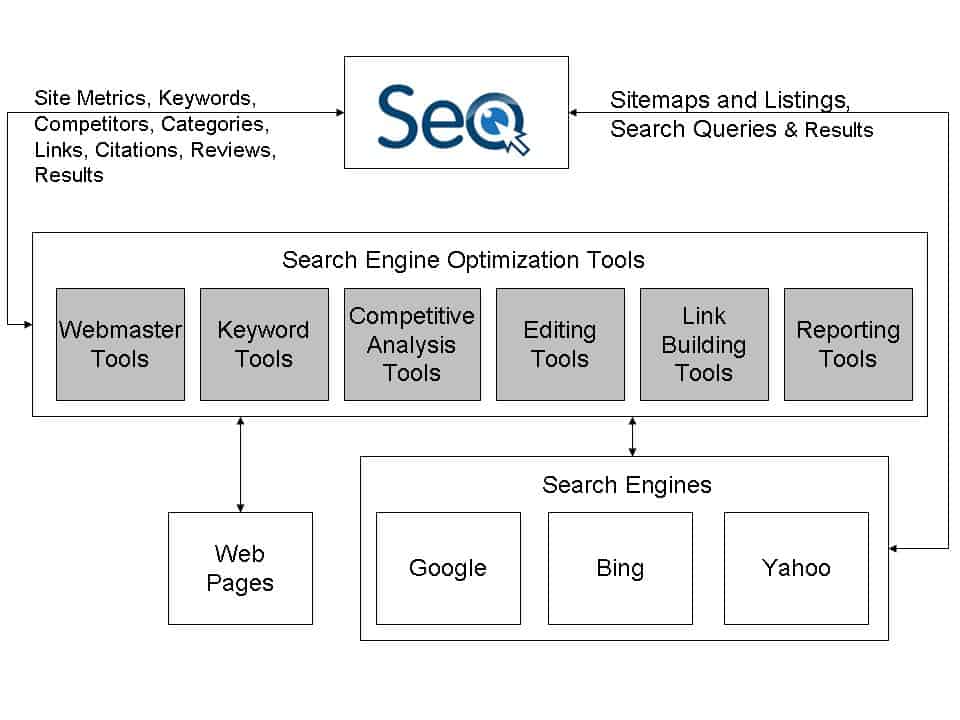
SEO Tools – Click To Enlarge
- Search engine Webmaster and Analytic tools provide feedback on a website’s configuration, health, and traffic.
- Keyword tools help SEOs discover the words and phrases people use to search for your products and services.
- Competitive Analysis tools help SEOs assess the ranking ease and commerciality of keyword phrases.
- Editing Tools are used to create and edit web pages.
- Link building tools help discover link acquisition opportunities and automate some the more repetitive tasks associated with that effort.
- Reporting tools streamline our ability to measure progress and make improvements over time.
Tools matter because they allow you to do more with less. That’s true no matter what you do.
When it comes to SEO, small business owners should want to business with SEOs who leverage tools to keep their costs down and their results measurable. They should also want to work with SEOs that use tools to help ease your understanding of the process and outcomes.

Ask prospective SEOs to show you examples of their work. Can you relate to the example chosen? Are results credible and easy to understand? Do you know what they did to achieve those results and how long it took? Is the company willing to let you speak with a company representative?
SEO is not easy and it can take a long time to produce meaningful results. You have to commit and be patient, but you also need to see evidence of progress.
Ask SEO companies how often they report results and what they report. You want, as a minimum, to see progress and plans each month. You don’t want to see analytics showing traffic, this month vs last, as it can be misleading. Google changes the rules daily. Rankings fluctuate daily. To me, it’s more meaningful (and a better use of your dollar) to see quarterly results that highlight results, not rankings. It’s conversions you care about, not whether you rank 1st or 3rd for a search phrase that may or may affect the bottom line.
The other thing you want to know is how many websites are linking to you and where those links are coming from. Are they coming from high authority sources? A mix of high authority sources? Or are they all internal links, coming from your own website or sourced from a few, irrelevant and low authority sources that likely aren’t moving the needle? These are the questions you want to be answered.
Types of Search Engine Marketing
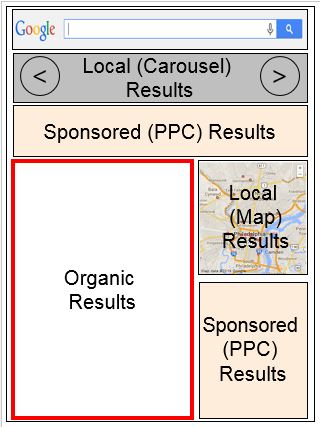 There are three different types of search engine marketing (SEM) – pay-per-click, local and organic.
There are three different types of search engine marketing (SEM) – pay-per-click, local and organic.
Pay-per-click (PPC) refers to the advertised listings that appear at the top and right of search results. They usually have a small visual notation that lets you know that someone is paying to appear at the top of search results. Advertisers pay search engines a fee every time someone clicks through to view the content on their website.
Local SEO refers to the tools and techniques used to position a listing for your business on local directories, maps and GPS devices. They too tend to display at the top and/or right of search results in the form of local (Carousel) or map results.
Organic SEO refers to everything else. All three types are interrelated and interdependent. Each one helps the other. You want to work with a company that has discussed these options with you and has a depth of experience in the types of search marketing that best fit your needs. Not all companies are the same.
Types of SEO
There are three main types of SEO, each having to do with the methods SEO companies employ to increase your rankings:
- White hat techniques comply with Google’s guidelines and stand the test of time. An example of a white hat optimization technique is finding the words (keywords) people use to search for your product or service on the Web, and using those words sparingly, and in the right places, in your content.
- Black hat is the opposite. Google has explicitly expressed disapproval of these methods and threatens banishment or penalty if you use them. An example of a black hat technique is over-using (stuffing) or hiding keywords in your content.
- Grey hat is a blend of the two, a tactic that doesn’t clearly fall into one camp or the other. It’s not clear how search engines will react until you try it. These practices are best avoided.
Business owners should steer clear of SEO companies that toy with gray and/or black hat optimization techniques because you risk getting caught and bumped down in search rankings or being banned altogether. Ask prospective SEO companies if they follow Google guidelines. Ask how they keep track of and decide what to do with rule changes. Do they share changing rules with their clients? If so, when and how? Does that work for you?
SEO Best Practices
Best practices are the techniques that have become a defacto standard. They consistently deliver results that are superior to those produced by alternative methods and have become commonplace, accepted and expected.

In the SEO industry, there are generally agreed-upon best practices for:
- domains;
- URLs (Uniform Resource Locator or the unique address of a Web page);
- content (also referred to as on-page SEO and copywriting);
- meta tags (descriptive data about the page itself, for example, the page topic, focus, and description); and
- internal and external links.
Moz is a respected leader in the SEO world and a good source for best practices. A Google search for Moz and “best practice” is an easy way to find their suggestions.
We offer our own best practices for SEO copywriting. Ours are written specifically for small business owners, whereas Moz targets an audience of SEO professionals. The two complement one another.
Moz offers a 10-minute video presentation of how best to acquire links in 2016. Backlinko goes into more detail and offers some creative solutions in their definitive guide to link building.
Business owners should ask prospective SEO companies about their best practices, which ones they use and why. You should ask if those are baked into their SEO process and shared, along with lessons learned, with the entire team on a regular basis. Best practices are of no use if they’re not shared and used. Asking these questions will give you a sense of how cohesive, mainstream and industry-compliant the company is. It will help you identify whether their efforts are likely to produce positive results or put you at risk.
Web Pages
A web page is a unit of content (page, blog post, image, video) that can be uniquely referenced and viewed on the World Wide Web using a browser such as Google Chrome, Internet Explorer, Safari, Mozilla Firefox and others. From a search engine optimization (SEO) perspective, it’s important to know that web pages are optimized, not websites.
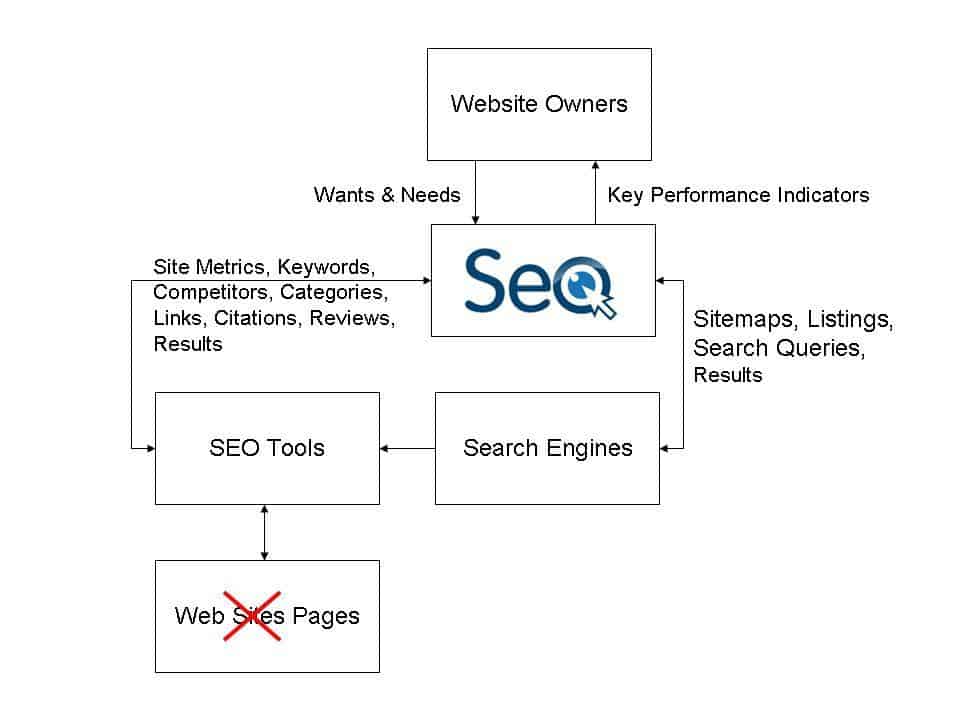
Web Pages Are Optimized, Not Websites
Web pages are what appear in search results. Your web page must contain the words people are searching for (or close equivalent) and satisfy search intent before you’ll even be considered eligible to rank in search results.
Target Audience
The target audience of any SEO effort should always be the business owner’s prospects and customers:
- not search engines;
- not “anybody”;
- but a very narrow, specific and defined categorization of people who are in the market to shop for and purchase your goods and/or your services.
Your other target audience should consist of your peers and competitors. Google considers the recognition of your peers and competitors when deciding who to rank on top. If industry-recognized websites link to content you have created, it will boost your page and site authority. High authority content ranks well on Google.

A sound understanding of your audience is imperative for good SEO. Remember SEO is not just about ranking. It’s about conversions. The more information you can share about your best prospects and customers with the team or person providing your SEO, the greater the likelihood that you’ll be able to convince searchers to click through to your site and to then take action that benefits your business.
Ask prospective SEO companies to tell you the type of information they will want to gather at your first meeting. If they express no interest in trying to understand your unique value proposition, goals, and customers, they may not have an appropriate focus. Ask them to tell you how they will ensure your website attracts the “right” audience. Ask them how they decide which keywords to recommend. Use answers to these questions to gauge their business savvy. SEO and technical understanding is not enough. The more they understand your business and market, the better results you’ll achieve.
SEO is a Misnomer
My last comment is about the term “search engine optimization”.

Search engine optimization or SEO is a misnomer. The process does not, in any way, optimize search engines. Search engines operate independently of SEOs and SEOs have no influence over them. Our understanding of how things work comes from public statements made by the search engine companies themselves, and from expert SEOs who spend their time researching patents, analyzing search results, and experimenting to understand cause and effect. There is no magic. There are no secrets. It’s just plain effort and skill, on our part as well as yours.
Business owners should seek out companies who have a strong business orientation and value partnerships, efficiency, and quality in order to earn the best return on investment.
How To Vet an SEO Company
SEO is NOT just about keywords and rankings. It is about satisfying your business goals with creativity, empathy, outreach, and technical and analytic expertise that earns your way to the top and the trust and confidence of web searchers. Successful companies know their audience, get found on the Internet and provide exceptional value. They inculcate SEO best practices into their day-to-day work either by developing those skills in-house or hiring outside help and partnering with that organization to close any gaps.
Companies that achieve online success build and maintain websites that are architected for search engines and their well-defined audience. They continuously populate their website with sought-after, relevant, fresh, unique, specific, engaging, and valuable content which earns the signals search engines use to determine your ranking worthiness.
Successful companies keep up with and evolve with market and search engine demands. They are continuously learning, follow industry and search engine best practices, and avoid gray and black hat tactics that put your company at risk. They follow a process, leverage tools to keep their costs down and measure results that impact the bottom line.
Google offers additional tips and suggestions for how to vet an SEO company about half-way down their what is SEO page. SEO Industry thought leader and toolmaker Moz does too in this How Do I Find a Good SEO blog video and post.
What Do You Think?
Do you still have questions about how to vet an SEO company? Please let me know in the comments below.
If you like this article, please bookmark it or share it with others. If you don’t, tell me why so I can learn and improve upon my own blogging process!


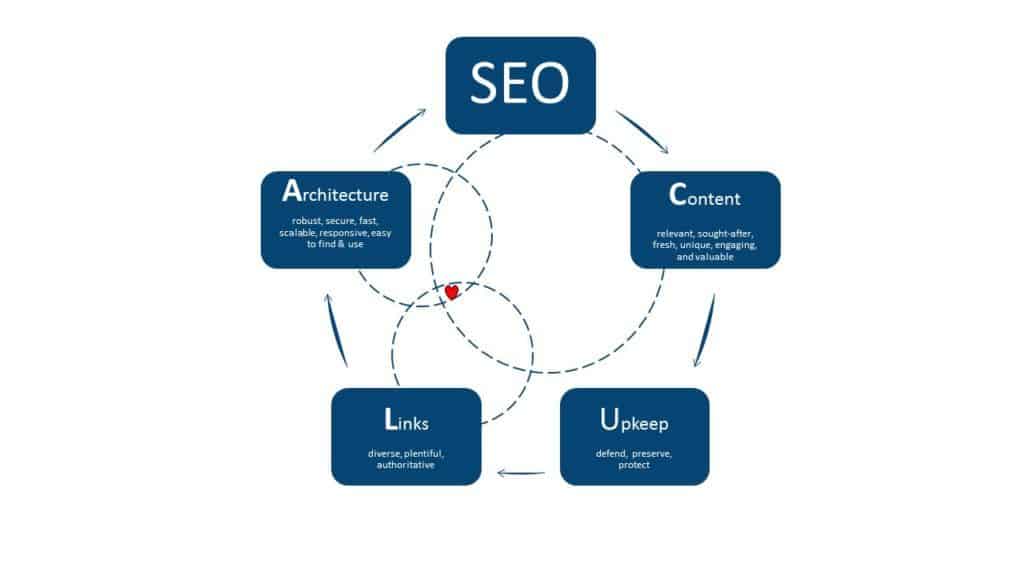





Hi Donna,
Thanks for writing such a detailed guide on SEO. This is a great post for new SEO learners like me.
You’re welcome Abdul. Glad it was helpful.
Thanks for sharing
Different companies have different goals and mindset. Some of the businesses want their online brand presence, some want prospective leads. An efficient SEO company will be able to provide both.
Thank you Donna for sharing such an informative article on SEO.
It is a nice information about SEO! Thanks for sharing.
The post is very informative. Thank you so much for making it so simple. Now, I can easily work on it. I really liked your crispy writing style and the way you have presented the information.
The post is very good and informative.Thank you so much for sharing it in a simple way.the way you have presented the information I like it. Thank you for writing a detailed guide on SEO.
This is very useful blog. Thanks for sharing.
Great article with relevent information
Thanks Sahil.
thanks for the great information